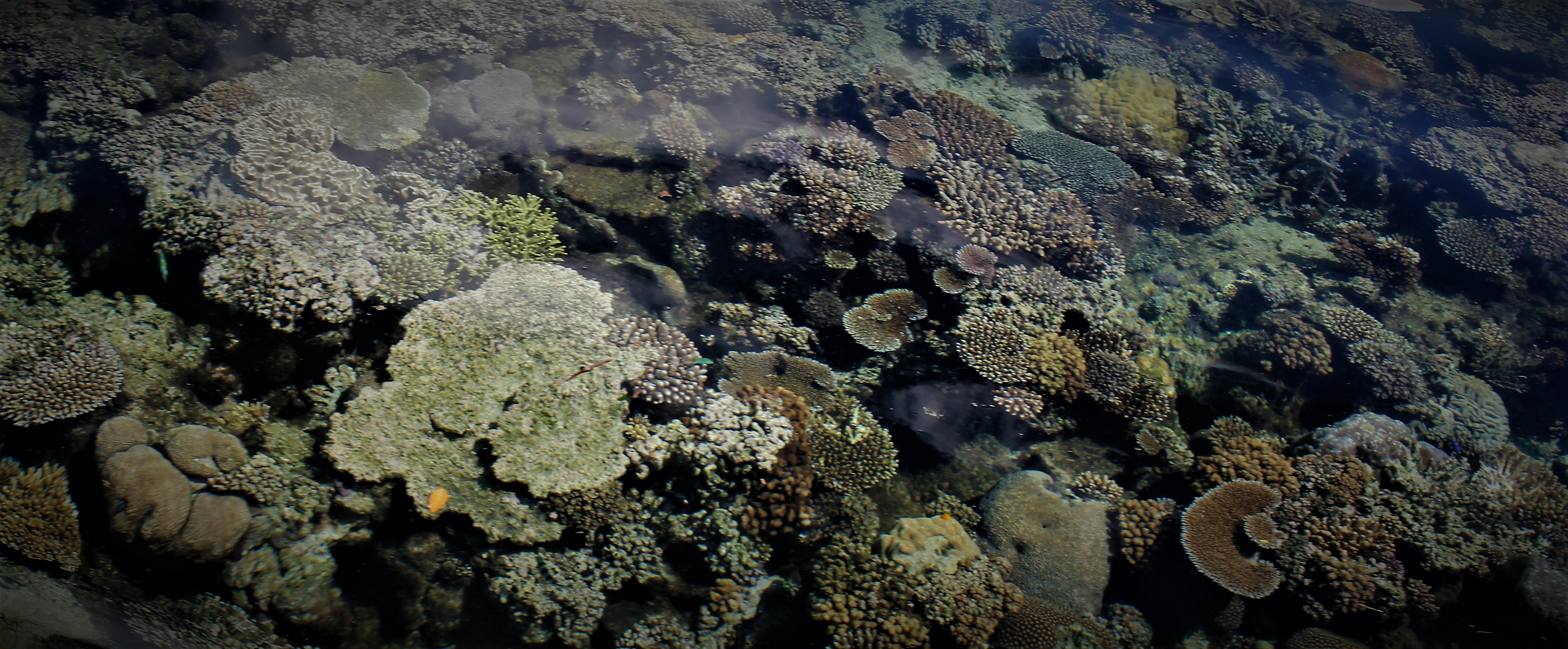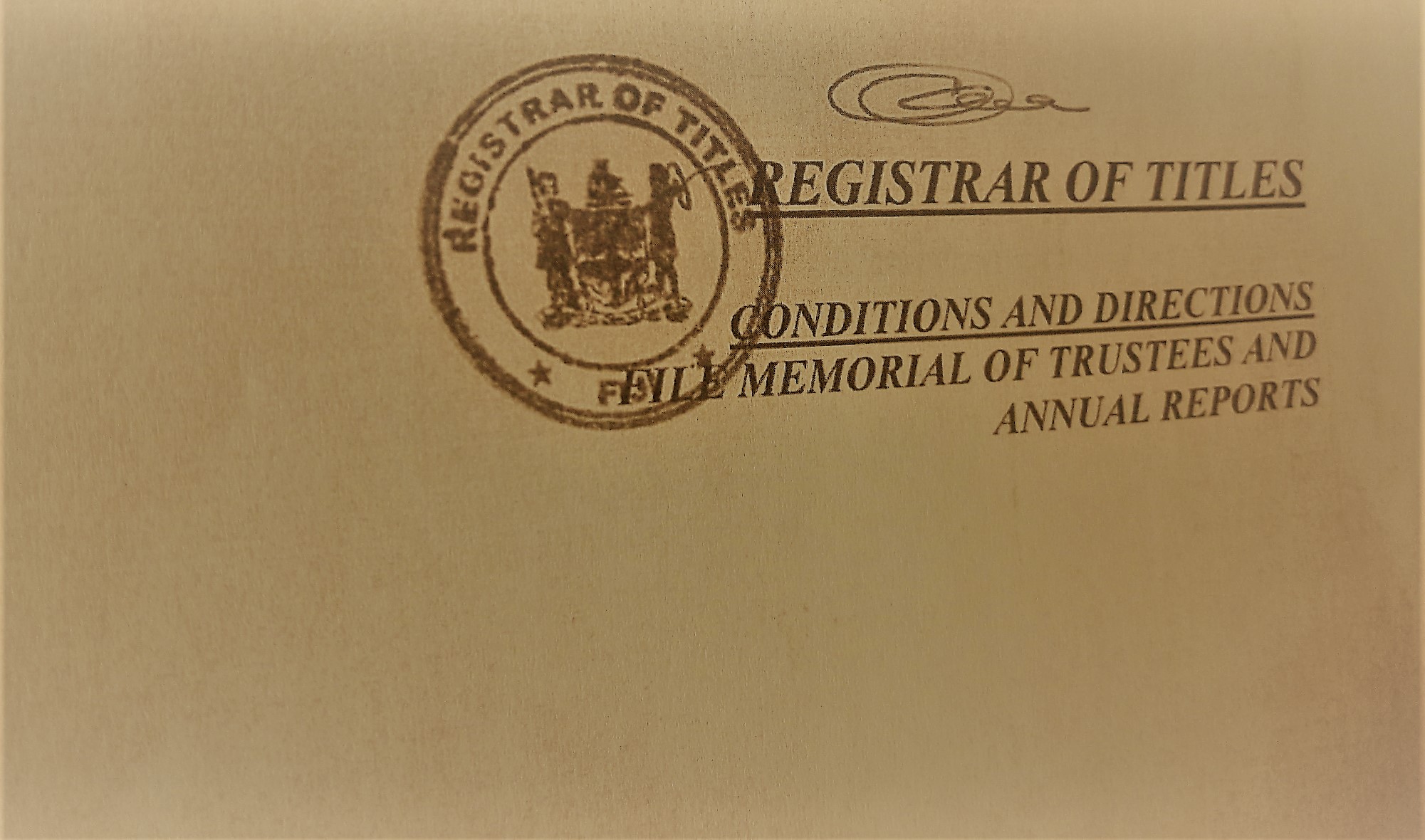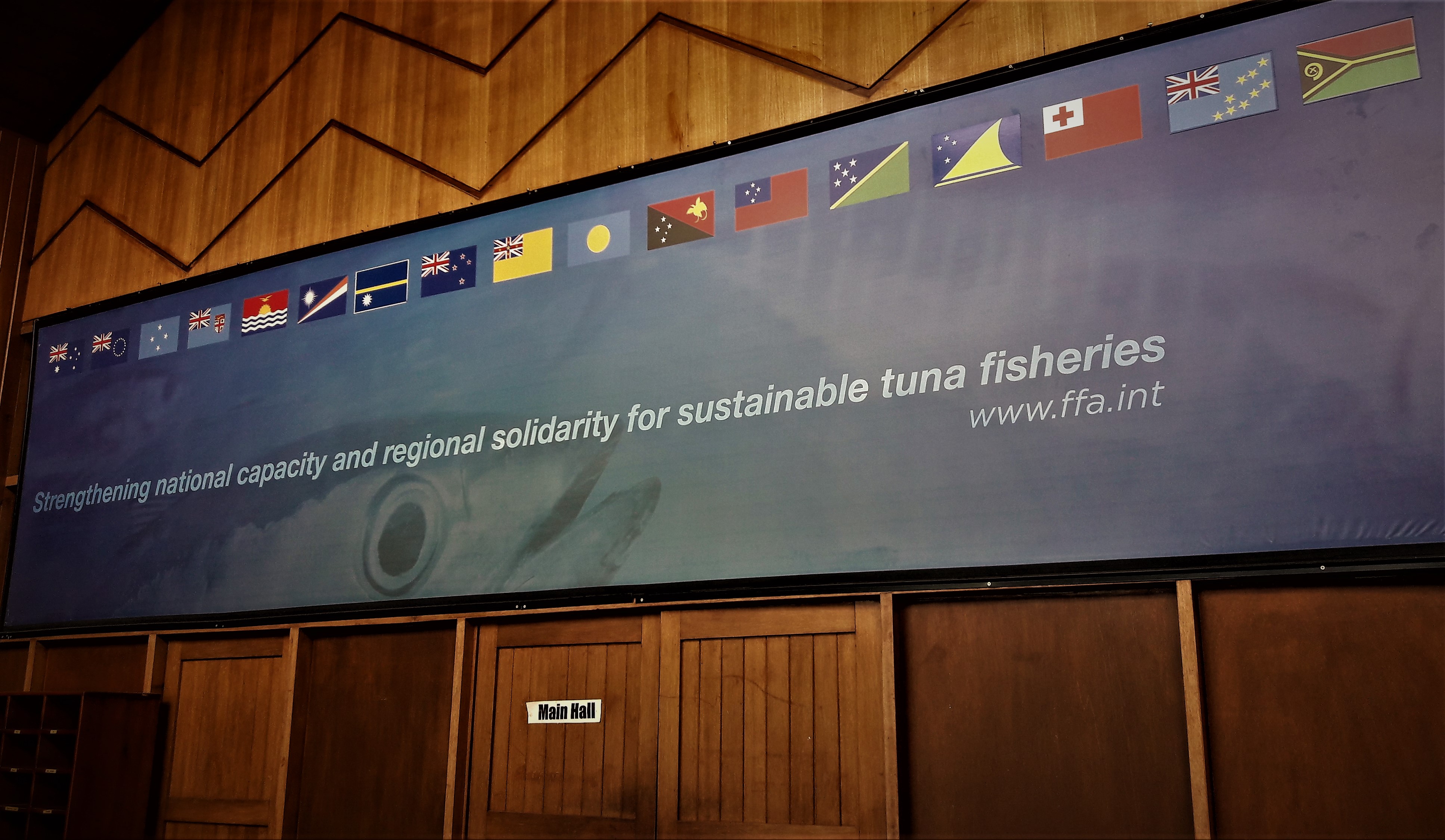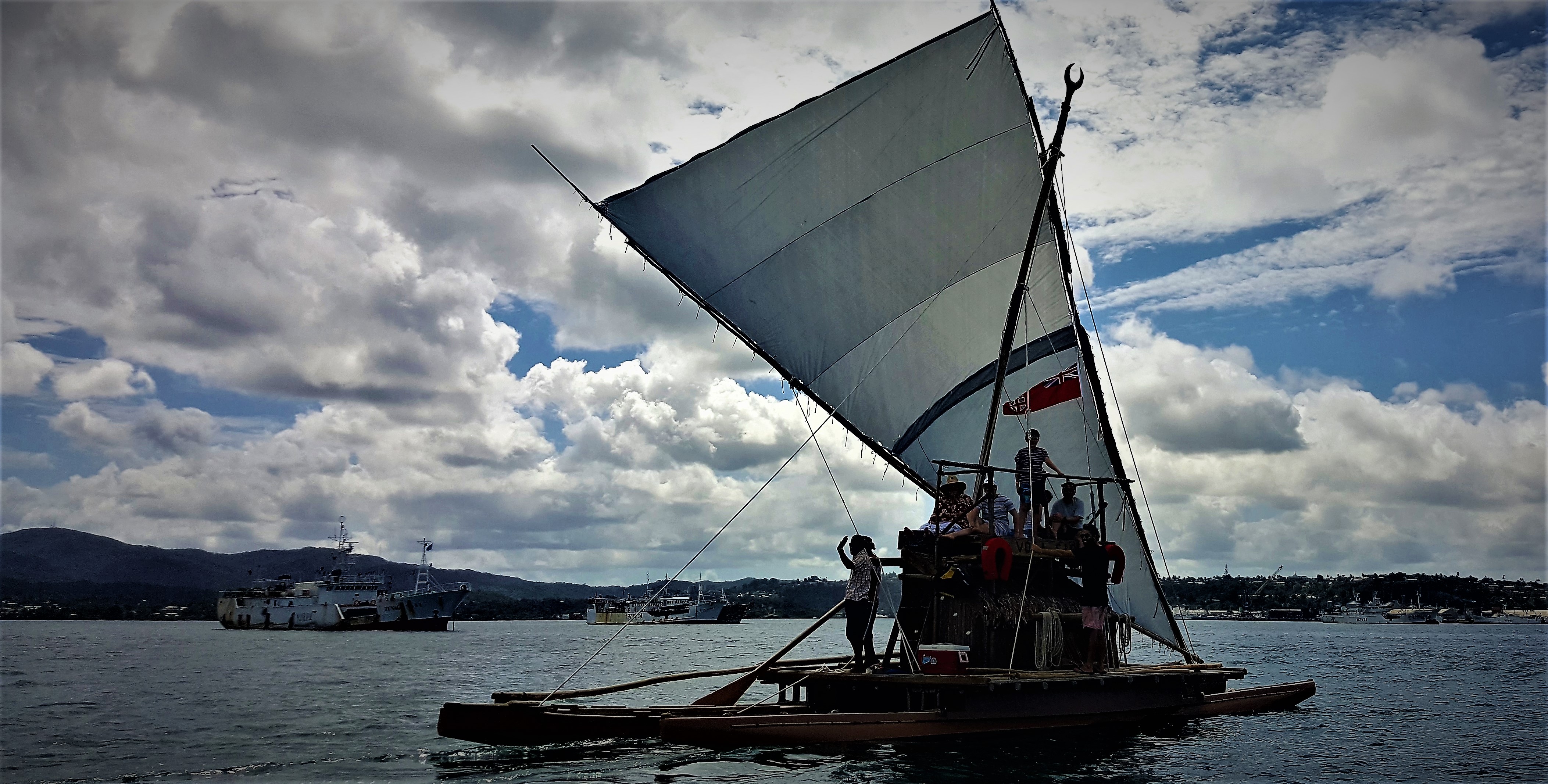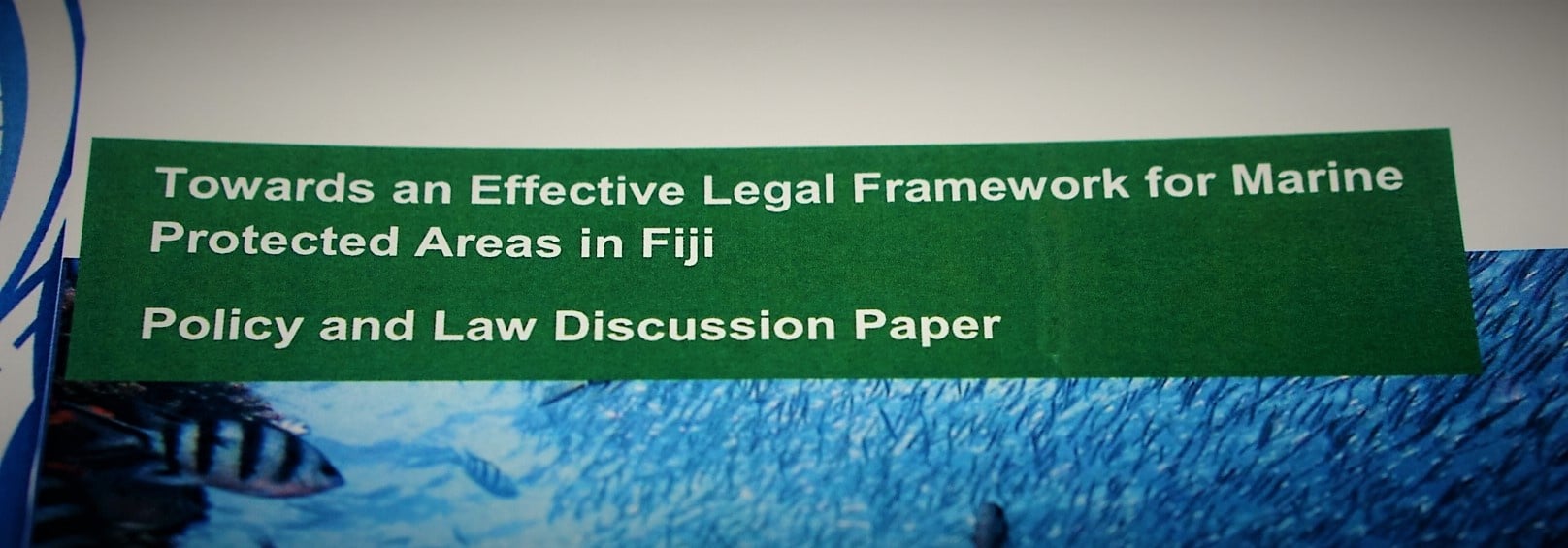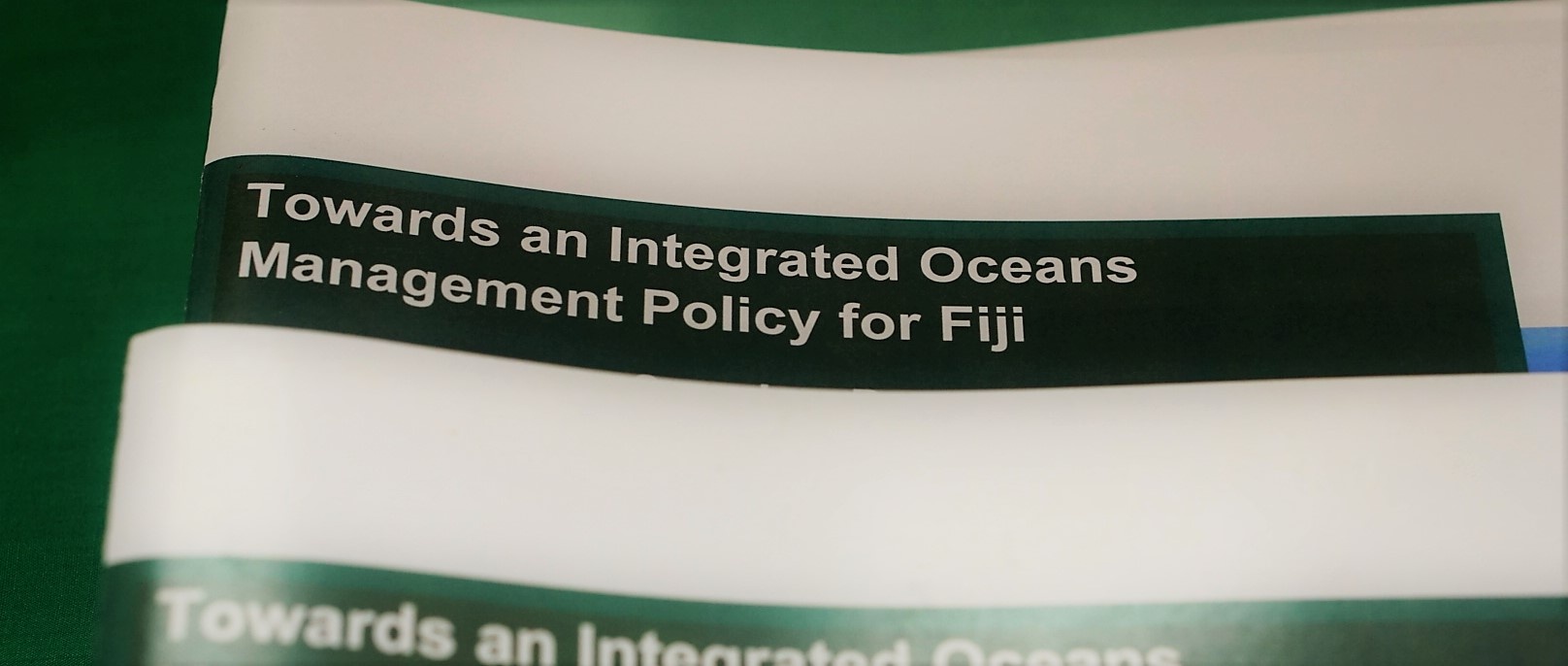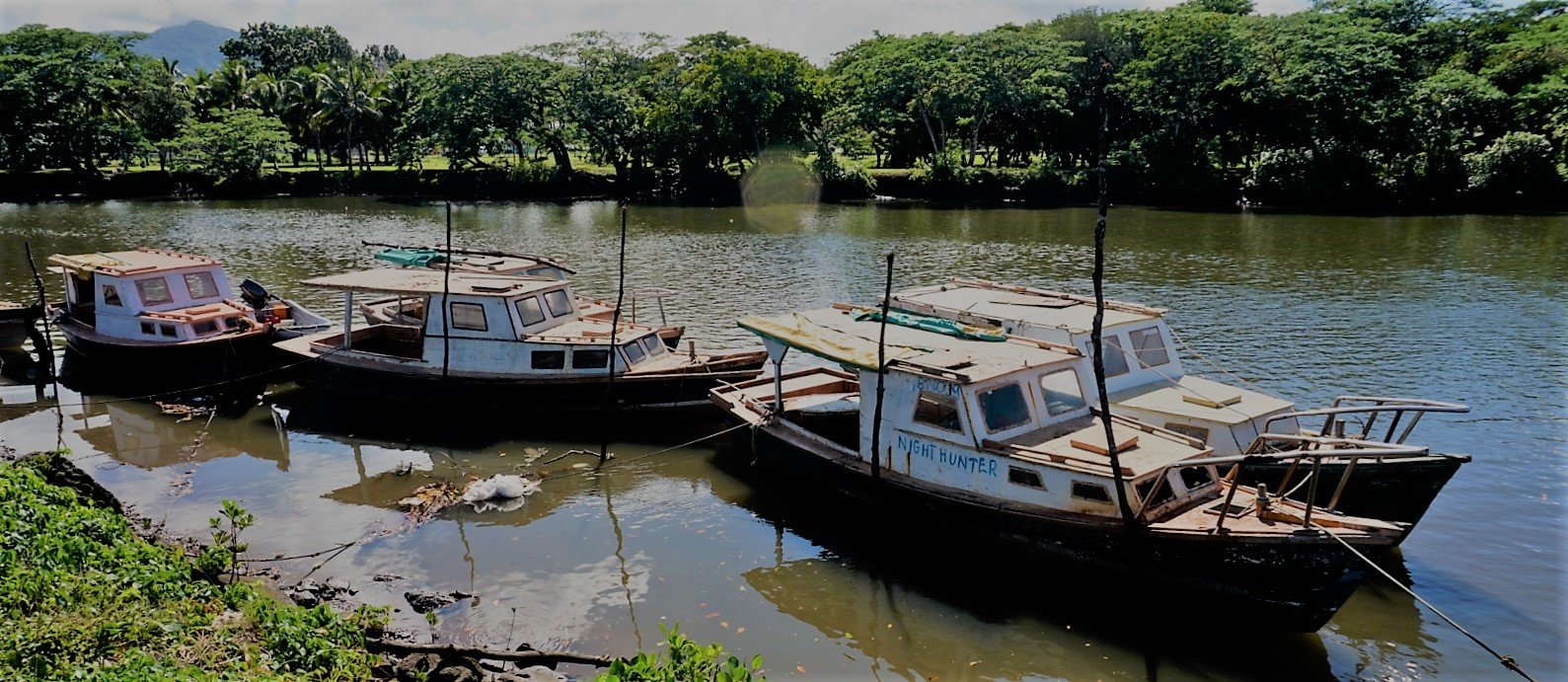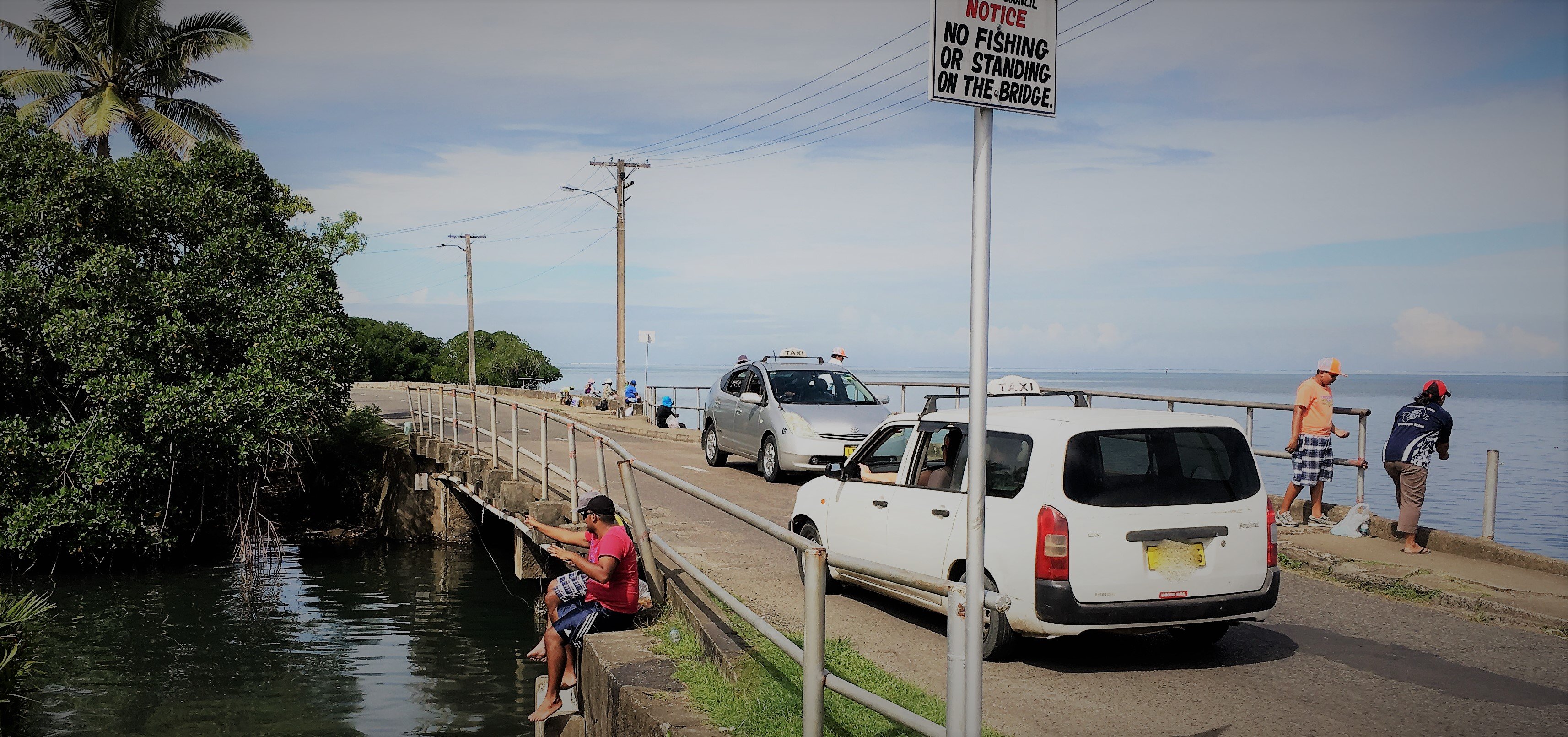Fishing in nearshore waters in Fiji is a common activity, however, it is not always easy to tell when that activity is lawful or unlawful.
Fiji is a common law jurisdiction and accordingly wild fish and other marine organisms in their uncaptured state belong to nobody and the principle ferae naturae applies. However, legislation can and does:
- limit the type of species of fish or other aquatic animals that can be legally caught
- prescribes limits to the fishing methods that can be used to capture fish
- regulates other factors including the minimum size of the fish that may be legally caught and when a fishing licence is required.
In this bulletin we consider the fisheries legislation that is applied to nearshore waters and how it applies to different types of nearshore fishing activity with the aim of better explaining what could constitute illegal fishing activity in nearshore fishing waters. Please note this legal bulletin is prepared on the basis of the Fisheries Act, 1941 and the Fisheries Regulations as they are at the present time, and we are aware that the Ministry of Fisheries is reviewing this legislation with a view to updating it to better manage Fiji's important fisheries resources.





